It’s finally official. Liam Fox is the new head coach of Dundee United.
Fox, 38, has been the front-runner for the post since the dismissal of Jack Ross 24 days ago.
Fox’s endeavours as interim boss undoubtedly helped, while the former Cowdenbeath manager emerged through an interview process thought to have included Dean Holden, Carl Robinson and Kevin Thomson.
A two-year deal is a show of faith in the young gaffer, who will be assisted by Stevie Crawford.
Courier Sport analyses why it was ultimately decided that Fox was the right man for United.
Familiarity in a perilous landscape
Fox joined the Dundee United coaching staff in the summer of 2021, serving as assistant to Tam Courts.
That familiarity and consistency amid a perilous position in the Premiership is seen as a valuable attribute.
Fox has coached at Hearts, Livingston and, most recently, United.
The top-flight landscape is one in which he has worked and, particularly in the case of United and Livi, has enjoyed success, albeit not as a No.1.
His competition for the post — thought to be Dean Holden, Carl Robinson and Kevin Thomson — have never coached at the top level of Scottish football.
Players have spoken about how Fox was often the man charged with leading practical training sessions last season; putting Courts’ tactical game-plans into affect.
That, of course, works both ways. Fox has been on the books during the dips under Courts and the dire malaise of the Ross tenure. How influential was he then? Did he have the answers but was suitably deferential?
Now that Fox is the man in the big chair, we are about to find out.
Backing of the players
When Fox was appointed interim head coach, the response was immediate.
Little more than 24 hours after Ross’ exit, United defeated Livi 2-1 — their first win at Almondvale since 2005 — and turned in a performance of intensity, determination and organisation.
Where those qualities were under Ross will be debated ad infinitum.
What is certain is that the players were busting a gut for Fox.
That continued in a 0-0 draw against Motherwell — United’s first domestic clean sheet of the campaign — and a narrow 2-1 defeat against Rangers.
He is widely liked and respected in the dressing room and, while it should not come down to employees to select their boss, it would be naïve to discount the importance of gaining the backing of the dressing room.
Now, faced with an eminently winnable run of games, those players must do the business for Fox and Crawford.
That would go a long way to getting any doubting fans onside.
Reverting to a successful model
In many ways, Tam Courts’ appointment is how this United hierarchy would ideally like to operate.
A young, gifted coach, promoted from within; willing to field academy prospects; successful on the pitch.
Granted, the fare was not always scintillating — but what United would give for a ‘dull’ charge towards fourth place in the Premiership now.
It’s purely hypothetical, but it would have been interesting to see what the second season under Courts would have looked like.
He was acutely aware of the need for more attacking endeavour and seemed excited by the challenge of rectifying that.
Nevertheless, Courts departed for Hungary and United turned towards a more high-profile, experienced boss — a coach of a ‘different level’, to quote sporting director Tony Asghar.
To say that did not work would be an understatement.
So it should come as no surprise to see United reverting to what proved fruitful last season: taking a coach already in the building, who is well known to everyone at the club, and elevating him to the position of ultimate responsibility.
Financial realities
On the day the UK Government unveiled their mini-budget, it seems as good a time as any to paraphrase a former Tory Prime Minister: there’s no magic money tree at Tannadice.
Many supporters will decry Fox as the ‘cheap option’. Indeed, many already have.
Well, let’s not be daft — his affordability is a virtue.
United have endured an expensive three months.
Jack Ross (and how many of those fans underwhelmed by Fox’s appointment were enthused by Ross’ arrival) was a marquee capture as boss, and was paid as such.
His severance — having been dismissed just 10 weeks into a two-year contract — will be a notable outlay.
United’s recruitment was largely centred around experienced, international players. Their eight summer signings boast a combined 104 caps. Pedigree comes at a price.
Mark Ogren, having spent the thick end of £13 million on this football club, is well within his rights to impose a realistic budget for an unforeseen managerial hire. He is a wealthy man, but we’re not talking about Sheikh Mansour.
Which is why United found themselves fishing in a pool of young, unattached coaches — albeit all of whom are considered to have some promise.
‘The cheap option’ may also happen to be the right option. It was in the case of Tam Courts. United will hope it is again.
If it is another mis-step, huge questions will be asked of those making the decisions.
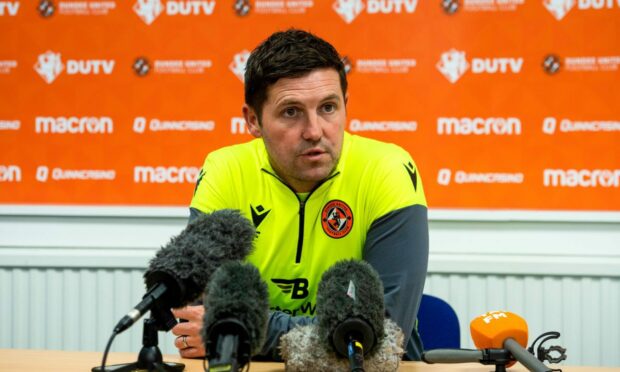
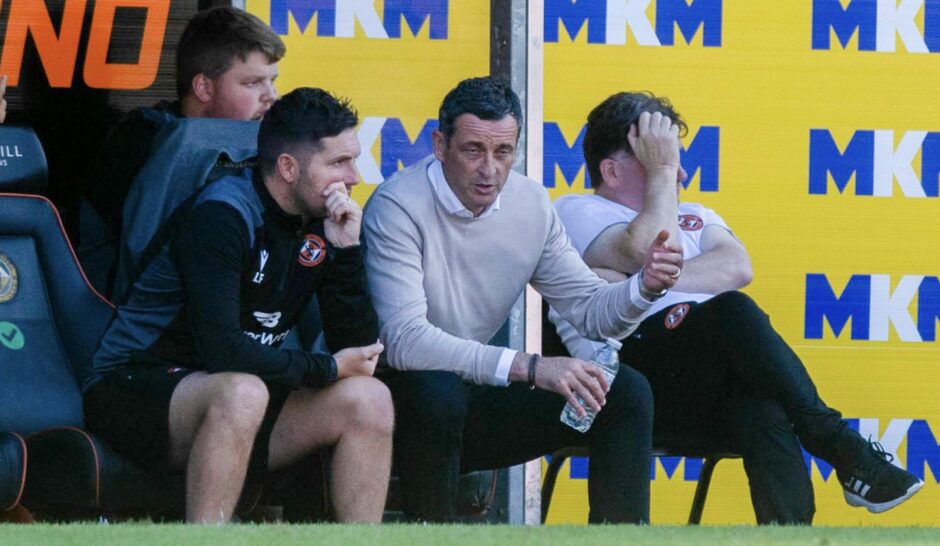


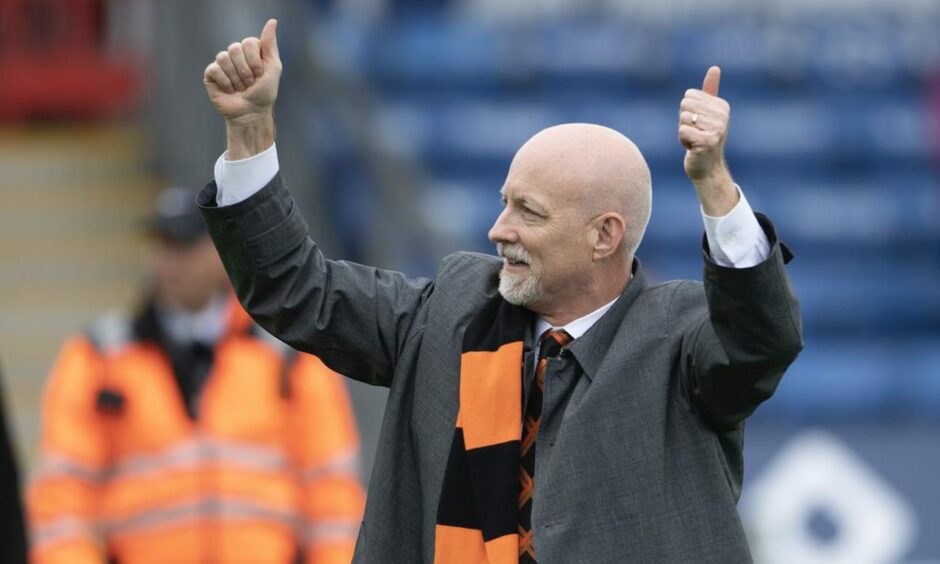
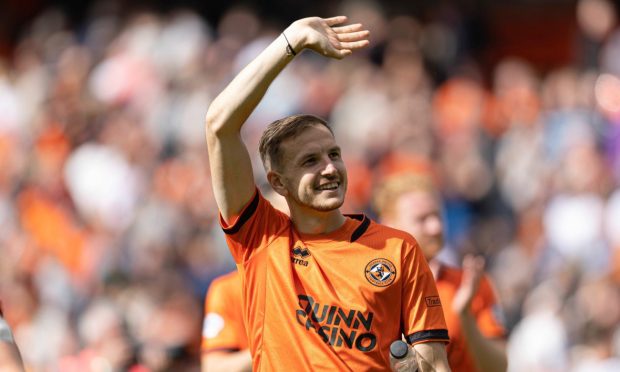
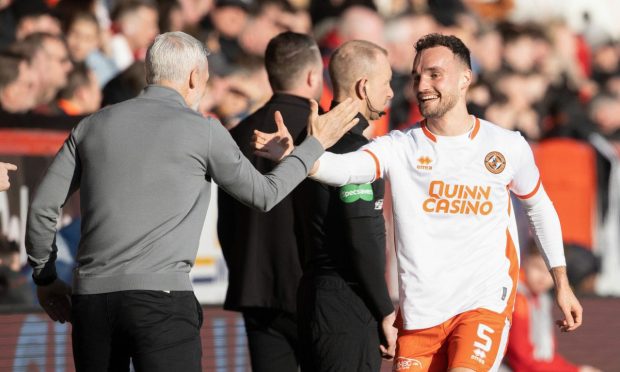
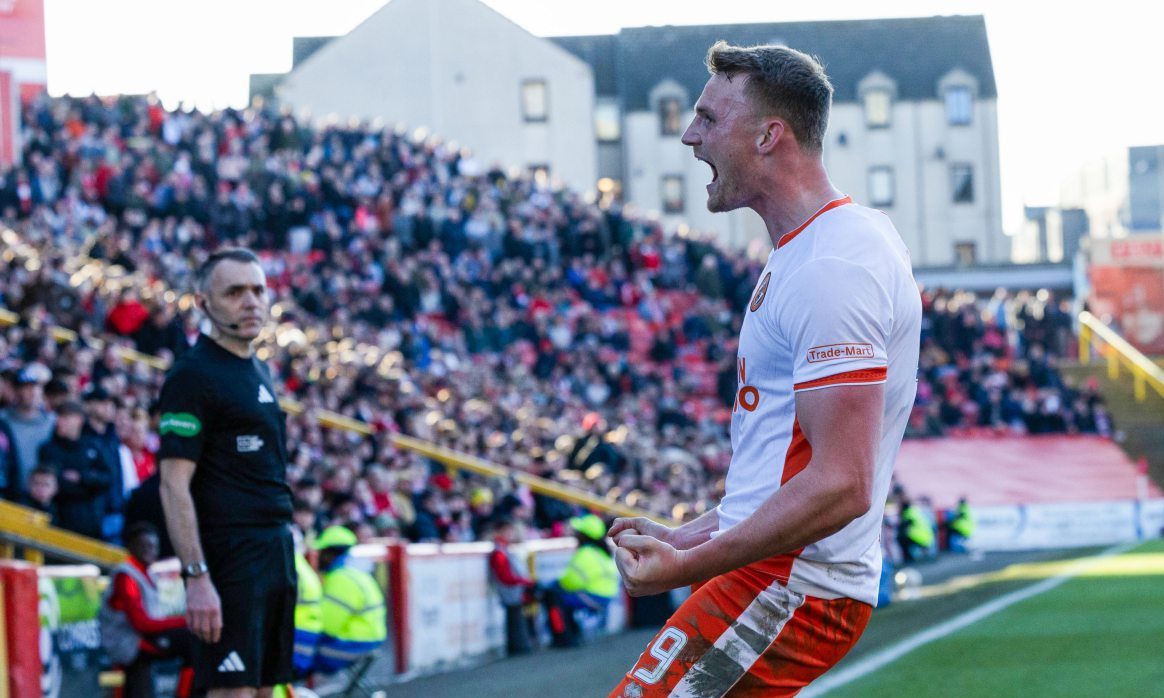
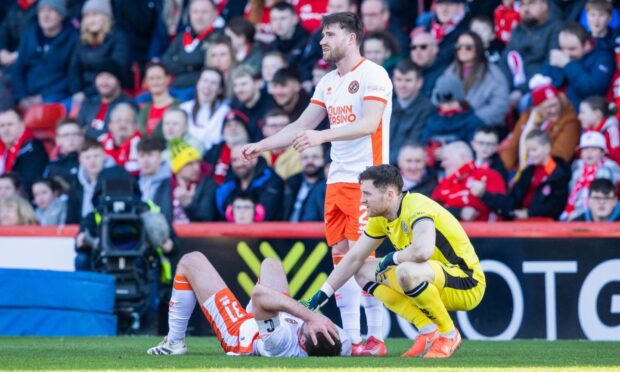
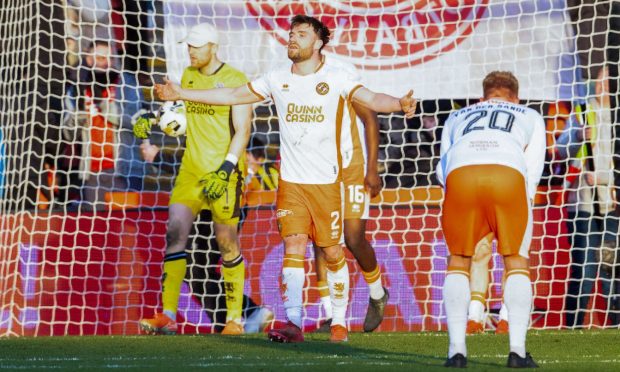
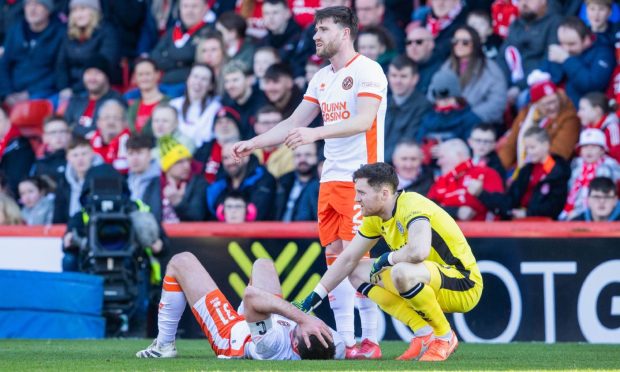
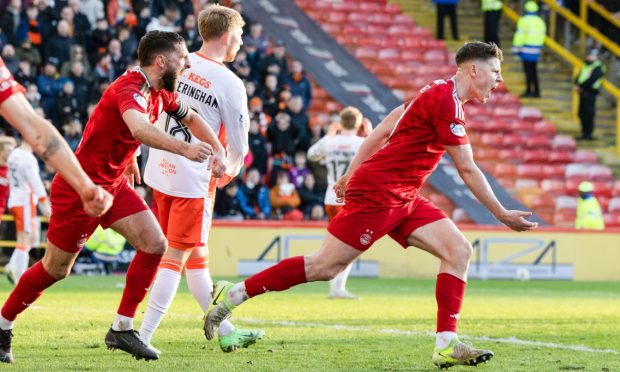

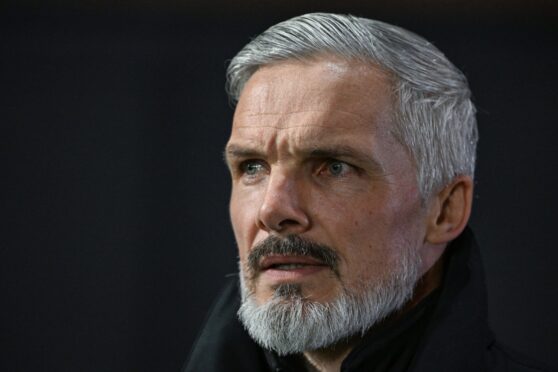
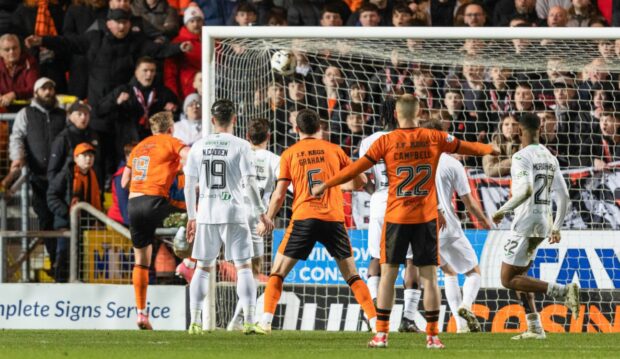
Conversation